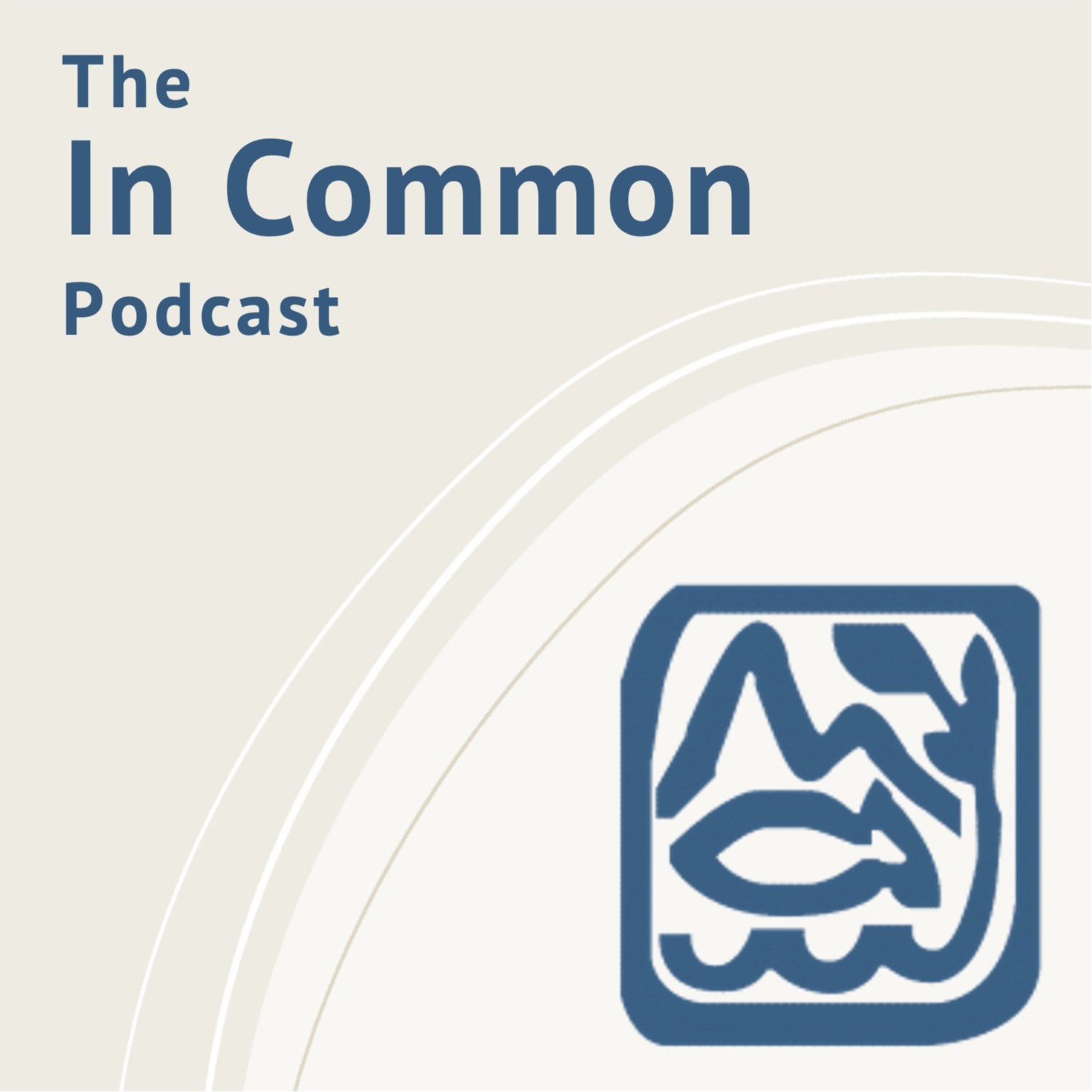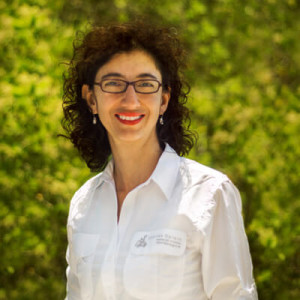
89.5K
Downloads
229
Episodes
In Common explores the connections between humans, their environment and each other through stories told by scholars and practitioners. In-depth interviews and methods webinars explore interdisciplinary and transdisciplinary work on commons governance, conservation and development, social-ecological resilience, and sustainability.
Episodes

Monday Jan 27, 2020
Monday Jan 27, 2020
This insight is taken from our full interview with María José Barragán in episode 018 of the podcast, where you can listen to the full interview.
Our ‘Insight’ episodes feature short interview segments taken from our previous regular interviews, highlighting noteworthy topics discussed.
María José is the Science Director of the Charles Darwin Foundation on the Galapagos Islands, Ecuador. She oversees the organization's 20 marine and terrestrial research projects, and is helping to make many of them interdisciplinary and inclusive of local stakeholder needs and knowledge. In the episode she explains the multi-stakeholder and multi-disciplinary agenda setting processes guiding the Charles Darwin Foundation and their research activities on the Galapagos Islands.
https://www.darwinfoundation.org/en/
María José received a PhD in Human Geography at Memorial University of Newfoundland in St. John’s, Canada. Her undergraduate degree was in the Biological Sciences at the Pontifical Catholic University, Ecuador, and Master’s degree from the Technical University of Munich, Germany (TUM) focusing on coastal marine ecosystems and marine protected areas (MPAs).
Her Ph.D. research was inspired by the interactive governance framework, and was applied to better understand the governability of MPAs (with a case study developed in the Galapagos Marine Reserve). After graduation she collaborated with research clusters of the Too Big To Ignore (TBTI) Global Research Partnership for Small-Scale Fisheries Research, conducting research and publishing on small-scale fisheries. Later on, she had a postdoctoral research position at the “Development and Knowledge Sociology” Working Group at the Leibniz Centre for Tropical Marine Research (ZMT) in Bremen, Germany. During that time, she conceptualized and co-developed new research agendas, by integrating the development and knowledge sociology approach into small-scale fisheries sustainability, fishing communities’ viability, food security from the marine perspective and marine resource governance.
Finding Sustainability Podcast
@find_sust_pod
https://twitter.com/find_sust_pod
Environmental Social Science Network
https://twitter.com/ESS_Network
@ESS_Network

Comments (0)
To leave or reply to comments, please download free Podbean or
No Comments
To leave or reply to comments,
please download free Podbean App.